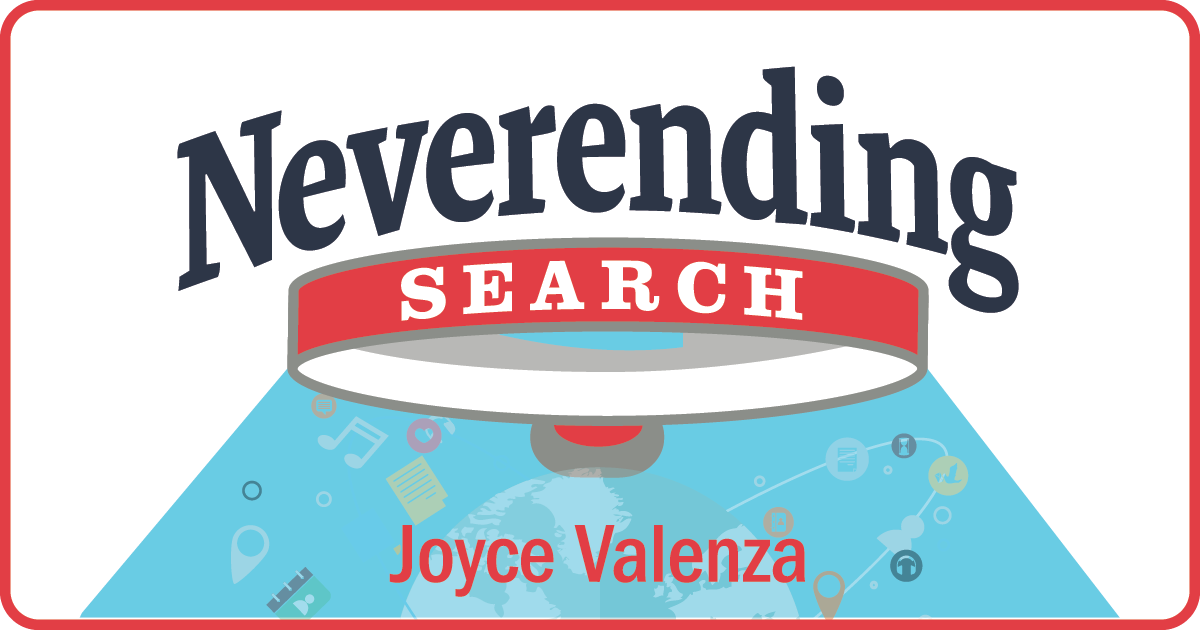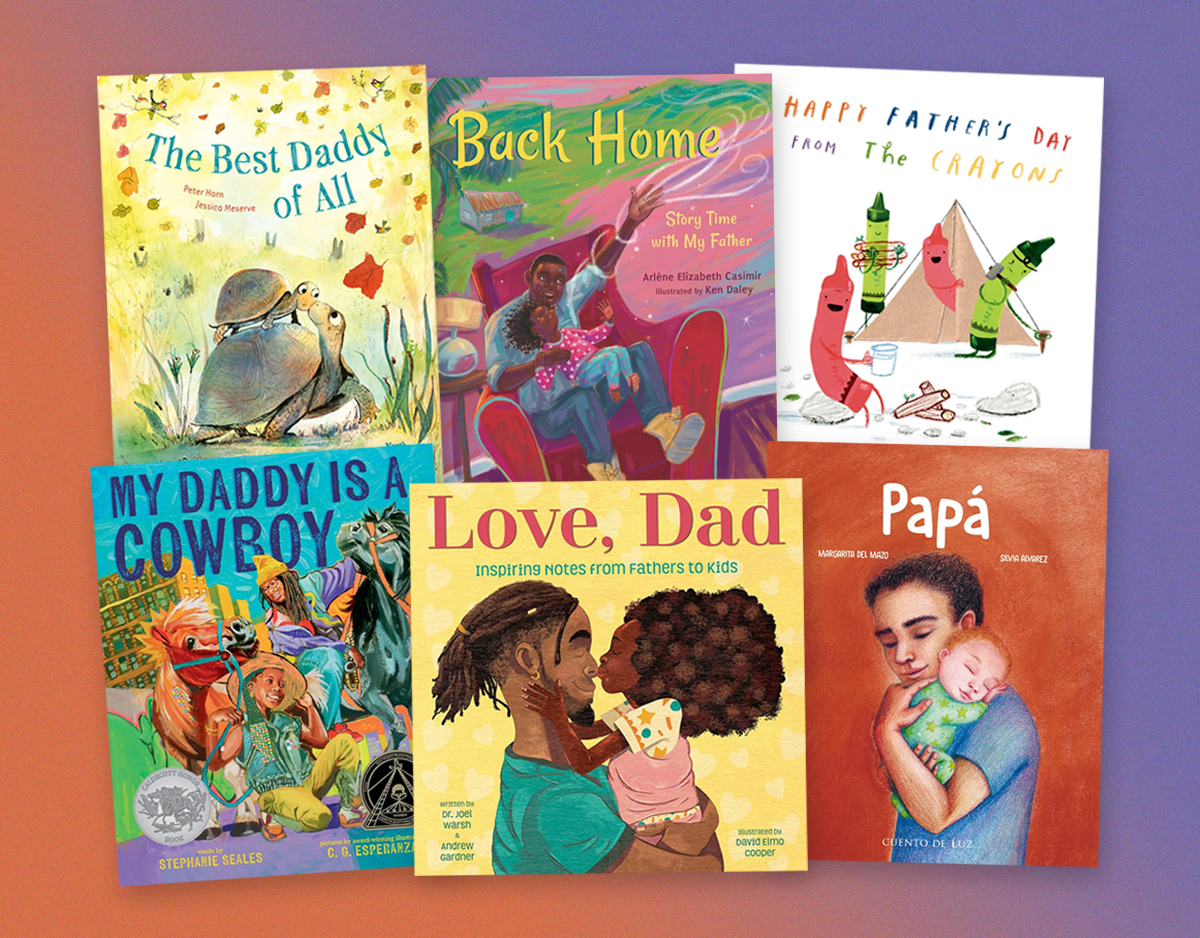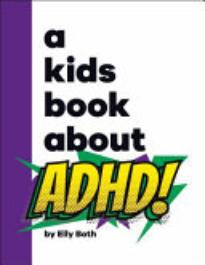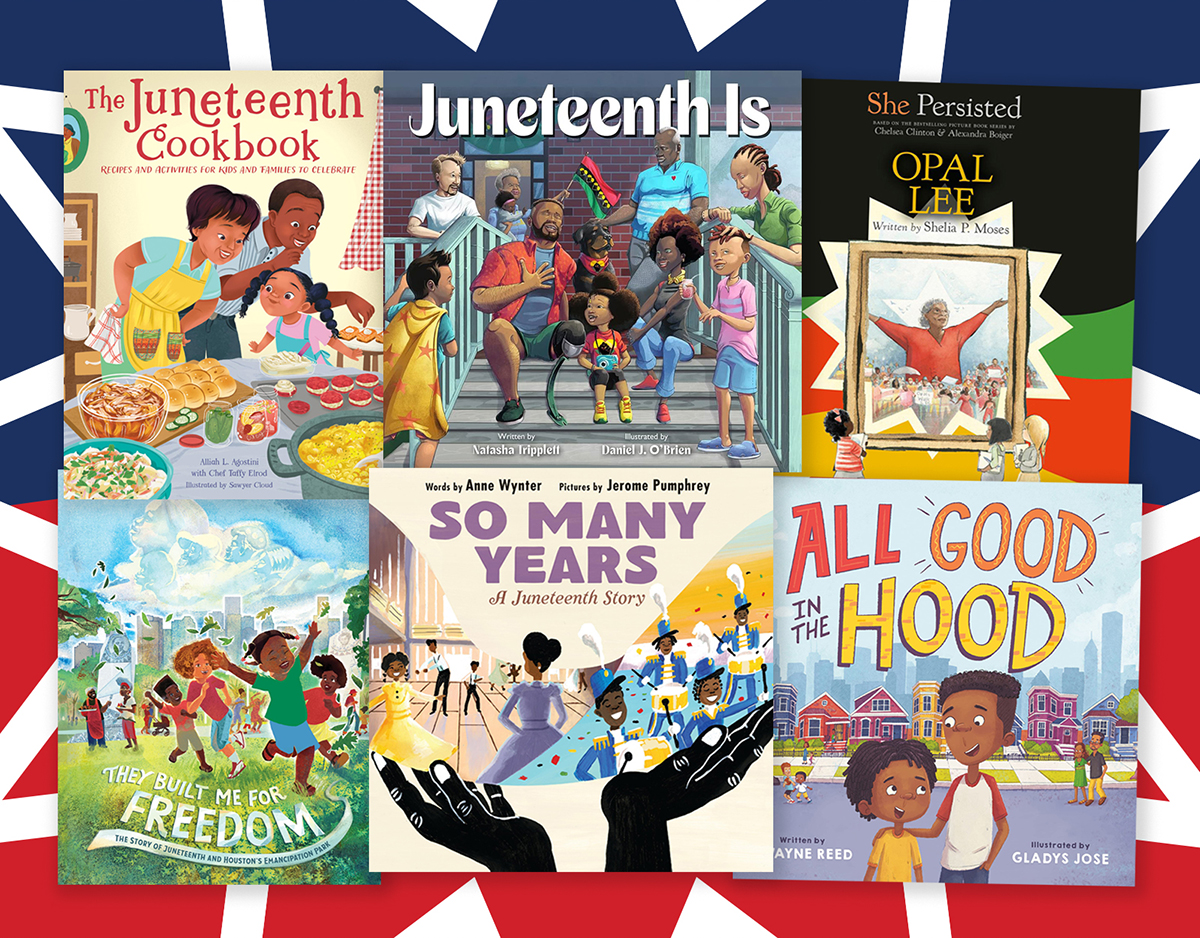SCROLL DOWN TO READ THE POST
Tales2Go: an audio collection (and a literacy solution)
I LOVE audiobooks! They make it possible for me to always be reading. But for kiddos, access to audiobooks represents far more than a simple, hands-free convenience.
Audiobooks allow children to build vocabulary, to attack sophisticated text and ideas beyond their current reading levels, Audiobooks can introduce children to new vocabulary, improve reading comprehension and fluency, hone those listening skills so valued by CCSS, and motivate them to read more.
But it’s been a serious challenge to find a scalable, affordable audiobooks platform that works for schools and school libraries.
Tales2Go is an audiobooks solution that makes sense. I learned about the subscription service from my Best Apps for Teaching and Learning Committee buddy Mary Ann Scheuer, librarian at Emerson Elementary in Berkeley, CA. Mary Ann presented her experience in poster session at ISTE. (Here’s her Learning in Hand video interview with Tony Vincent.)
ADVERTISEMENT
ADVERTISEMENT
https://www.youtube.com/watch?v=tPVfmWeGf9Y
I recently got together with Mary Ann and Tales2Go co-founder and CEO William Weil for a web chat.
Tales2Go currently works with 80 publishers, small and large, including Scholastic and Recorded Books, as well as individual authors and storytellers who typically perform in schools. The catalog offers 6000 titles, spanning fiction and nonfiction, pre-K through high school. An advanced search allows users to search the catalog by keyword, genre, age, Lexile, duration, author, narrator and publisher. The service also offers data for measuring student growth. (You can download the catalog as a spreadsheet for a sense of the variety of titles.)
William notes the platform is growing.
Taking the lead from publishers themselves, we are expanding the collection at the rate of about 100 a month. We are constantly working with people like Mary Ann to go in search of titles to improve catalog.
Mary Ann, who uses the platform effectively with her young learners at school on Chromebooks, described the value of the service for classrooms and libraries.
It’s an instant collection of name brand titles from leading publishers at an affordable price. I costed out building a collection with Playaways, but quickly discovered I could not build a collection with any real breadth. We were building a collection that was device driven. I came to the conclusion that I really did not need to purchase individual titles.
What first drew me to Tales2Go is the breadth of the catalog and the idea that the model did not rely on kids downloading a title to a device. Students could access titles at school, or after school, or at home. Bookmarks follow the kids’ logins. So, if they set up a bookmark at school they can pick right back up on a personal device at home.
In our district, we promote Tales2Go as an independent listening experience, But teachers also use it as as an intervention strategy for higher needs kids, allowing them to find a title just a little above their independent reading ability. What I see is the next day is that students will go after the print book, read at their desk and come back to me and say, “Ms. Scheuer, I read it so much faster this time.” It’s encouraging independent reading in a way you might not see if everything is done on the screen. And it’s so easy to spread the reading bug. One kid will get excited about a title and shares with his friends. I am seeing the development of spontaneous book discussions among many new readers.
William shared additional background of issues relating to literacy and the value of listening:
In our country, only 36% of 4th graders read at or above proficiency. It’s even worse for low income families, where only 20% of children read at or above proficiency. If you are not reading by 4th grade, you are not likely to graduate high school. You need to be able to read in order to learn. The root cause of the problem is the lack of vocabulary. Children in lower income home hear fewer words. Children in linguistically rich homes know many more words. Vocabulary and fluency are relating to listening. You have to be a good listener to become a good reader.
Librarians, reading specialists, principals, people at the district level, recognize the value of listening. They see it in the standards. They are asking questions: How will we address the word gap issue? How might we better serve our populations of low-income readers who are not successful? We all agree there’s a value to hearing spoken sophisticated words. We all agree it would be best if parents spent a lot of time reading to their children, but the fact is, they don’t. Only half the parents in our country read to their children on a daily basis and that number drops to 39% in non-white homes.
A recent randomized controlled study of more than 200 San Francisco Bay area students examined the effect of adding an audiobooks listening component to literacy instruction. Tales2Go was used as the intervention. Among the promising takeaways:
- Students attained 58% of their annual expected gain in reading achievement in just ten weeks
- The treatment group outperformed the control group across measures. The students who listened to audiobooks in 20-minute periods five times a week showed a 7X increase in vocabulary, a 3X increase in comprehension, and a nearly 4X increase in reading motivation
So, with a variety of options, why Tales2Go?
William explained that current platforms for audiobooks fall into three general camps:
1. Services like Audible which work on a token model and are designed to sell audiobooks to a primarily adult, individual user, consumer market.
2. Services like Overdrive and Findaway, through which libraries purchase individual titles with limited, managed checkouts (both in the digital and the physical sense). Though adopted by some school libraries, these options largely serve the individual lending library needs of a public library market.
3. Tales2Go, is a service focused on the school market, kids’ titles and functions as a curricular tool. Titles stream and cached on either school-owned or BYOD devices to avoid taxing the school network with downloads. Available as an online subscription, the service features instant, unlimited, simultaneous access to every title in the catalog. Educators can assign an audiobook title to everyone in a class, say the book on Sacagawea for the Lewis and Clark unit. And, all kids can access current, high-interest titles right away, for instance, the latest Diary of a Wimpy Kid book. Subscriptions run around $3.00 a student a year, or around $600–$1900 a year per school.
Mary Ann notes a few issues that Tales2Go is currently working to address–the challenge of getting some of the additional larger publishers on board with the Tales2Go model, improving the search tool to work with an ever-growing collection, and ensuring that titles get discovered. Mary Ann makes book marks for titles she knows her students will want to read.
Tales2Go offers a way to instantly, efficiently, and cost-effectively present an attractive audio collection to engage children, promote literacy and motivate reading. Check out the downloadable catalog or sign up for a 30-Day Trial to see if it makes sense for your readers in the coming school year.
Related links:
- Tales2Go Brand video
- Tales2Go Catalog
- ISTE 2016 Poster Session video
- Spring 2016 Tales2Go Webinar (includes national statistics)
- Infographic/Study Results: The case for making audiobooks part of curriculum
- Research Supporting the Efficacy of Tales2Go
- Tales2Go Free 30-Day Trial
- Tales2Go Webinar by William Weil
- Classroom and home audiobook activities
- Tales2Go Lesson Plans
Save
Save
Save
Filed under: audio, audiobooks, books, databases, literacy, reading, Tales2Go, technology
About Joyce Valenza
Joyce is an Assistant Professor of Teaching at Rutgers University School of Information and Communication, a technology writer, speaker, blogger and learner. Follow her on Twitter: @joycevalenza
ADVERTISEMENT
SLJ Blog Network
Instagramming ALA 2025 (Part I)
Publisher Preview: Creative Editions (Fall 2025)
Love in the Palm of His Hand, vol. 1 | Review
DIY Teen Makerspace: Neon Sign Painting
The Classroom Bookshelf is Moving
ADVERTISEMENT
ADVERTISEMENT











